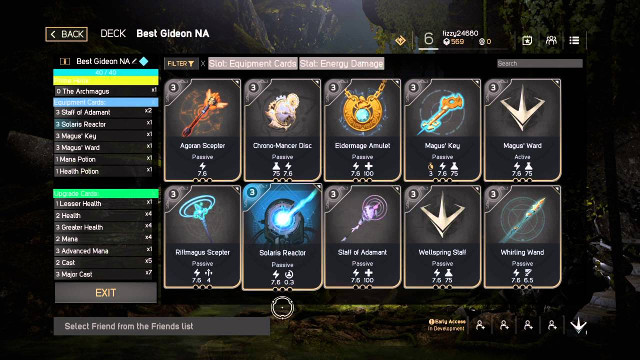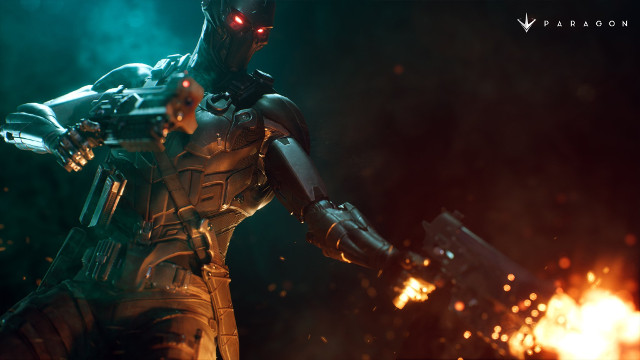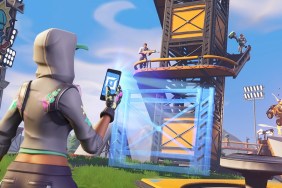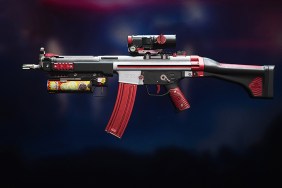Paragon has been perhaps the biggest question mark of 2016. People, myself included, simply did not know what to make of the game. MOBA's are, of course, the new hotness, as every developer has seen how popular and profitable they can be.
So, is it just going to be another free-to-play MOBA that leaves the gaming consciousness as quickly as it arrived, or is it the real deal? Back in the spring, when I originally played the game, Paragon seemed to fall firmly in the former category. When developer Epic Games released last month's Monolith update, though, they may have rewritten the script.
The details of the patch are similar in scope to Valve's Dota-3-esque update – Monolith changed almost everything and adding a lot. And we're now seeing the results of that patch: an influx of new and returning players who are spending more time on the game than they did with Paragon's previous iteration.
In a Reddit post, Epic Games gave a heartfelt "Thank you" for the response to the monolith update, which gave a flurry of stats that painted a glowing picture of Paragon's current state. Active users increased by almost 35 percent, while average game time decreased by 7 percent, and players have been sticking around to play for longer after their matches are over.
This all raises the question: is now the time to get into Paragon? Perhaps, it is, and that is due to much more than the offering of a free skin for playing 10 games.

Paragon's main offering is its card system, which they didn't do much to other than alter more than 100 of them and add more. This makes the feature all the more impactful. Basically, you go into a game as a hero with certain abilities, just like any other MOBA, but you also bring to it deck of cards, which can be purchased during a match with the experience you gain. You can unlock more cards and add them to your deck when you're not in a match so you can be all the more perpared for the next time.
It's nice to see Epic Games is emphasizing what worked so well in the original game, but they're also fixing the things that didn't work well. The main problem with Paragon was the fact that its map was enormous and walking around took forever without using the game's "Travel Mode," which acted as a solution to to a problem that Epic Games, themselves, created. They made the map huge, made character movement slow and then said "OK, well how about a travel mode that makes people go really fast temporarily so they can get places more quickly."
Or, how about making the map smaller and making normal movement speed faster? With Monolith, it appears they listened. The map is a lot more close-quarters and movement speed has been drastically increased.
Only time will tell if Paragon truly deserves this increase in player engagement, but Epic games has successfully recaptured our attention.











